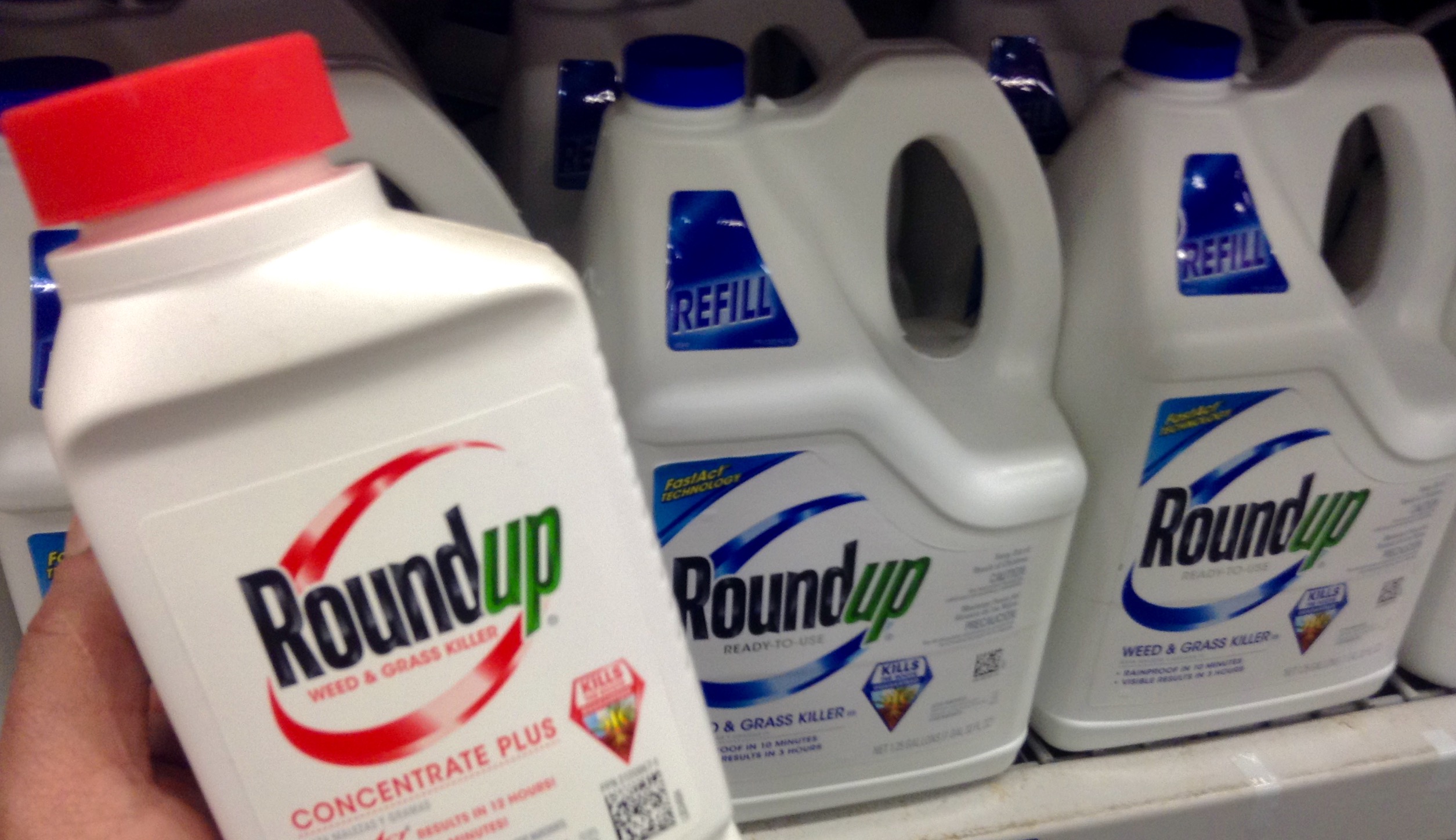
Roundup Listed Carcinogen by Danish Authority
Glyphosate, the main ingredient in the herbicide Roundup, is now considered a carcinogen by Denmark’s Working Environment Authority (WEA) [1]. This comes in the wake of the recent World Health Organization (WHO) reclassification of glyphosate as probable carcinogen.
The WHO group of 17 experts links glyphosate specifically to non-Hodgkin lymphoma, a disease affecting approximately 1 040 Danes each year, and the rate is growing for reasons unknown.
June 1, 2015 | Source: Insitute of Science in Society | by
Glyphosate and non-Hodgkin lymphoma
Glyphosate, the main ingredient in the herbicide Roundup, is now considered a carcinogen by Denmark’s Working Environment Authority (WEA) [1]. This comes in the wake of the recent World Health Organization (WHO) reclassification of glyphosate as probable carcinogen (see [2] Glyphosate “Probably Carcinogenic to Human” Latest WHO Assessment, SiS 66).
The WHO group of 17 experts links glyphosate specifically to non-Hodgkin lymphoma, a disease affecting approximately 1 040 Danes each year, and the rate is growing for reasons unknown [1]. The WHO report raises the concern of Philippe Grandjean, professor of environmental medicine at the University of Southern Denmark.
Eminent professor of environmental medicine speaks out
“We know that glyphosate causes cancer in other mammals, but it has not been demonstrated in humans. That is because the effects are not investigated thoroughly enough in people yet. But when we see that other mammals get cancer from glyphosate, we must assume that people who are exposed to the substance can also develop cancer,” Grandjean says.
Glyphosate is used in many Danish gardens to control weeds, and Grandjean encourages people to rid themselves of the agent. “Gardeners should remove Roundup as hazardous waste. Pesticides have often proved more dangerous than we thought, and I do not think they belong in our homes,” he says.
The major use of Roundup however, is in agriculture. Glyphosate is by far the most widely used pesticide in Denmark.
In 2013, 1 389 tonnes of glyphosate was used on Danish soil; it is, for example, permitted to spray grains intended for animal feed up to 10 days before harvest.
“It is so common a substance, and our use of it is so extensive that this WHO report must be taken seriously,” says Philippe Grandjean.
“Big News” in Denmark
“The work inspectors in Denmark listed Roundup as carcinogenic, meaning that they will demand that due care is taken when used, and they will recommend a change to other less toxic chemicals,” comments Danish pig farmer Ib Borup Pedersen [3], who documented the dramatic change in the health and productivity of his animals as well as the profitability of his farm when he switched to non-GM feed uncontaminated by glyphosate 4 years ago [4] (“Changing from GMO to Non-GMO Natural Soy”, Experiences from Denmark, SiS 64).
“This is Big News in Denmark, where the debate has been quiet for too long,” Pedersen continues [3], “Now that it has been in the news and it is election-day 18 June, this will fill the minds of the politicians, and I cannot imagine that glyphosate will be accepted for use as a desiccant this harvest.”
“Phillippe Grandjean is one of the world’s leading professors on toxicity especially on brain damage due to chemicals.” Pedersen adds. “His appearance is of great importance; nobody in Denmark from the industry has clout enough to go against him, as he is both professor in Denmark and USA (at Harvard School of Public Health), and is widely recognized for his work.”
“We want a ban on glyphosate”
“When the WHO expert panel declares that Round Up is probably carcinogenic to humans, we should of course stop the massive use of Round Up in Denmark and the import of feed that has been treated with large amounts of Round Up,” writes Maria Gjerding, environmental rapporteur for Unity in a press release [1].
However, a total ban is not necessarily the solution, says Grandjean
“We face a dilemma. For if we ban Roundup, what is the alternative? – I understand the idea of a ban, but other pesticides may be worse,” he says.
